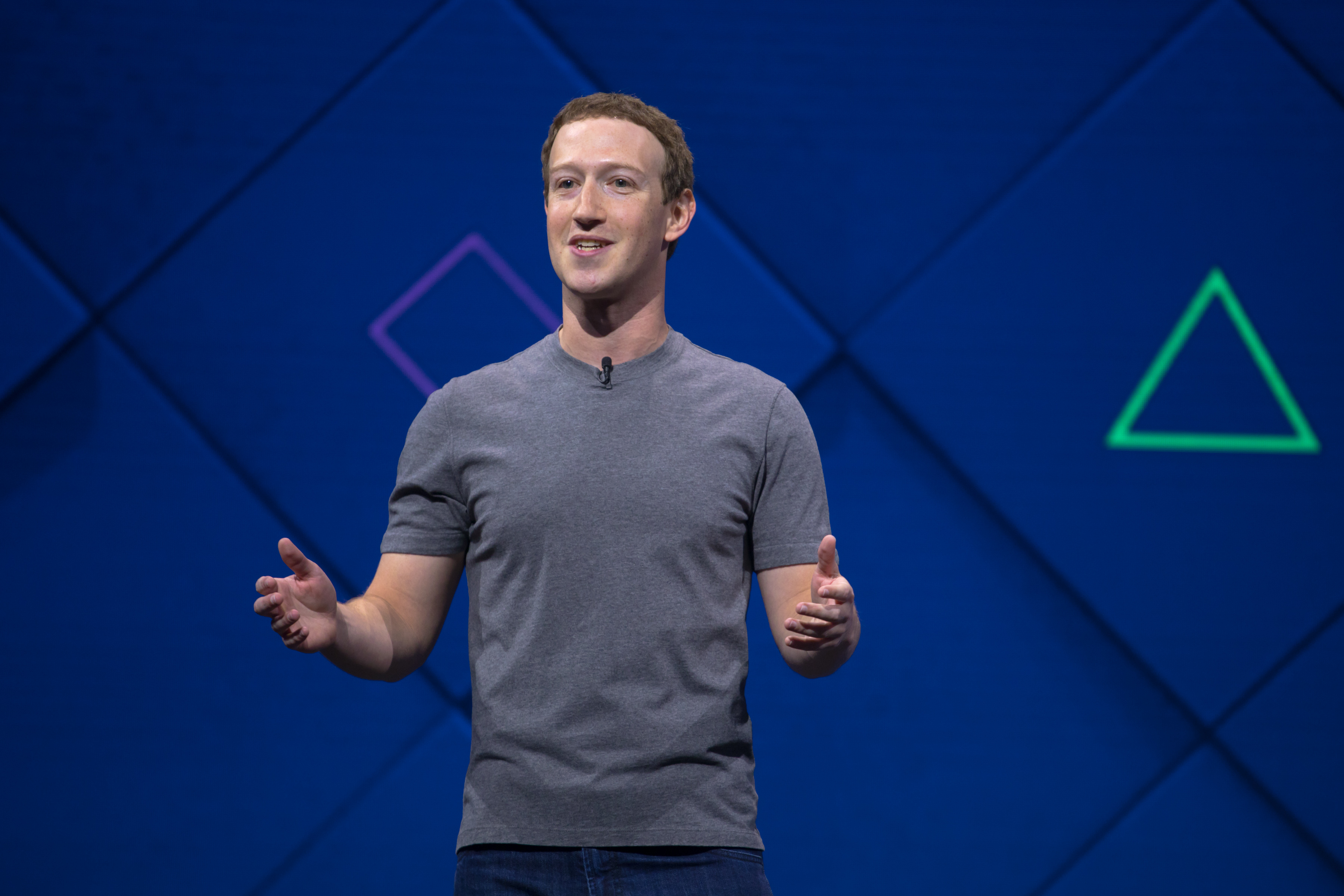Meta sheds 11,000 jobs
- Wednesday, November 9th, 2022
- Share this article:

Facebook, Instagram and WhatsApp owner Meta is shedding more than 11,000 jobs – 13 per cent of its total workforce – in addition to cutting discretionary spending and extending its hiring freeze through Q1 2023.
In a message to employees, Meta CEO Mark Zuckerberg said he wanted to take accountability for these decisions and for how we got here, and said he was especially sorry to those impacted.
He went on to admit that he had misread how things would pan out after the pandemic, saying:
“At the start of COVID, the world rapidly moved online and the surge of eCommerce led to outsized revenue growth. Many people predicted this would be a permanent acceleration that would continue even after the pandemic ended. I did too, so I made the decision to significantly increase our investments. Unfortunately, this did not play out the way I expected. Not only has online commerce returned to prior trends, but the macroeconomic downturn, increased competition, and ads signal loss have caused our revenue to be much lower than I’d expected. I got this wrong, and I take responsibility for that.”
He also noted the measures Meta had taken to reduce costs, including scaling back budgets, reducing perks, shrinking the company’s real estate footprint, and restructuring teams to increase efficiency, but added: “these measures alone won’t bring our expenses in line with our revenue growth, so I’ve also made the hard decision to let people go.”
He ended by saying he believed that Meta is “deeply underestimated” as a company. “Billions of people use our services to connect, and our communities keep growing,” Zuckerberg said. “Our core business is among the most profitable ever built with huge potential ahead. And we’re leading in developing the technology to define the future of social connection and the next computing platform. We do historically important work. I’m confident that if we work efficiently, we’ll come out of this downturn stronger and more resilient than ever.”
Thomas Walters, CEO and Founder of agency, Billion Dollar Boy, believes much of Meta’s current problems stem from a belief in the potential and value of the metaverse that is not yet shared by consumers. He said:
“Meta bet big on the metaverse, but its vision for the future of the internet may be too far flung for the average consumer and advertiser. It brings into question the research which informed the rebranding last year. While we know that Meta needed to protect itself from the negative reputation surrounding Facebook, it was also motivated by a shift towards virtual reality. But rather than focus on the evolution of the internet, Meta has tried to sell in a revolution. For many it represents an overly ambitious gear shift from one version of the internet to another.”
“Ahead of the upcoming cookie phase out next year, a lot of Meta’s competitors have been investing resources into new ways to acquire user data as these changes take shape. TikTok for example is exploring ways of circumventing Apples prohibitive changes to code audits and user activity tracking. Brands too are preparing for the shift in data privacy restrictions, investing increasingly in creating digital loyalty programs that are fully ingrained and crucial to receiving previously widely shared discounts – every supermarket now has one, McDonalds now has one – as do many others. This is where the evolution of the internet is going, a more sustainable approach in the short to medium-term than Meta’s strategy to gamble all on the rapid adoption of VR.”
“News of redundancies at Meta is terrible for those staff affected. But, while Meta may argue that a lot of the staff it employs are on fixed term contracts and had been expected to depart, the scale and the timing suggest otherwise. Following its recent, underwhelming financial results, the redundancies look increasingly like the unfortunate side-effect of the enormous $10+ billion investment in a vision of the metaverse that people don’t yet understand.”















